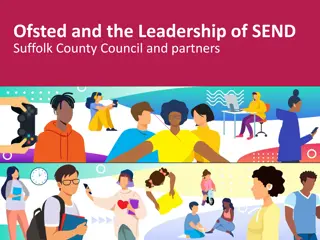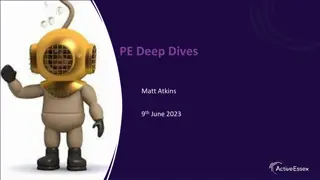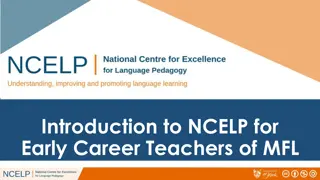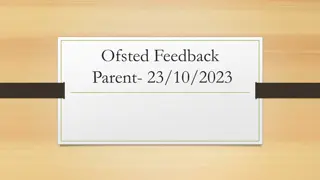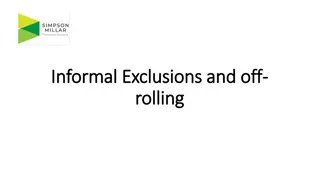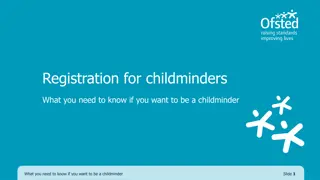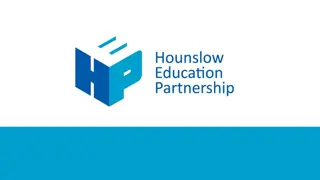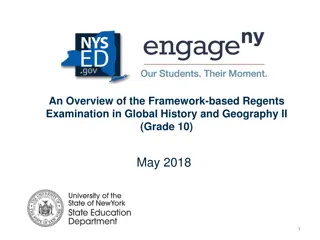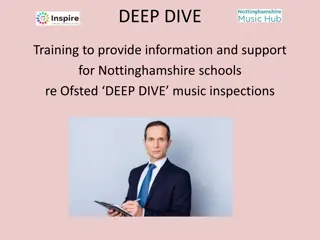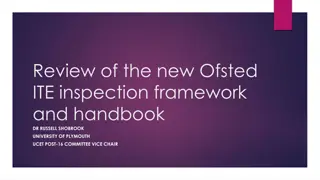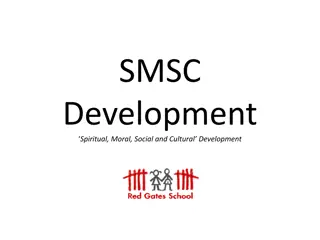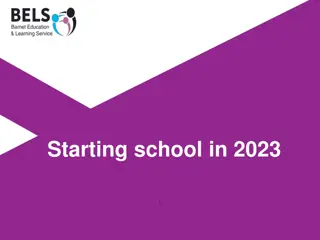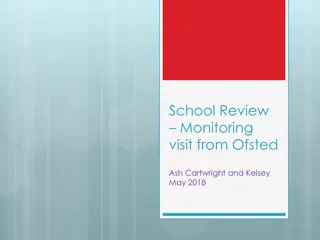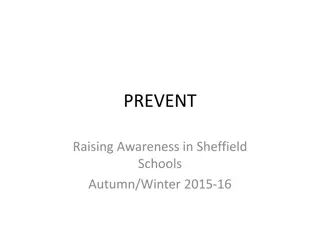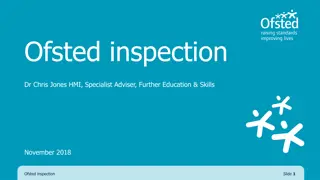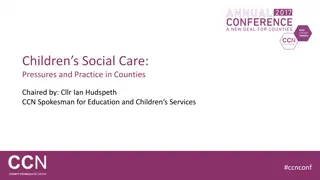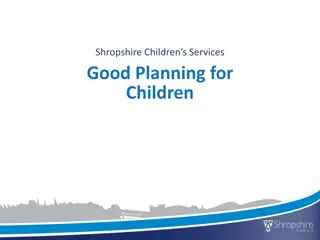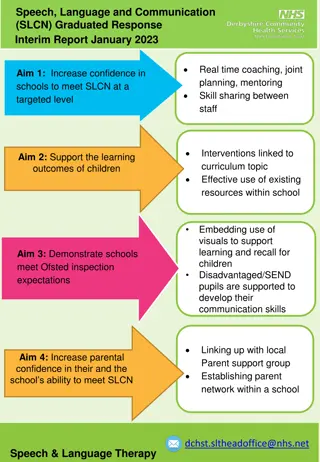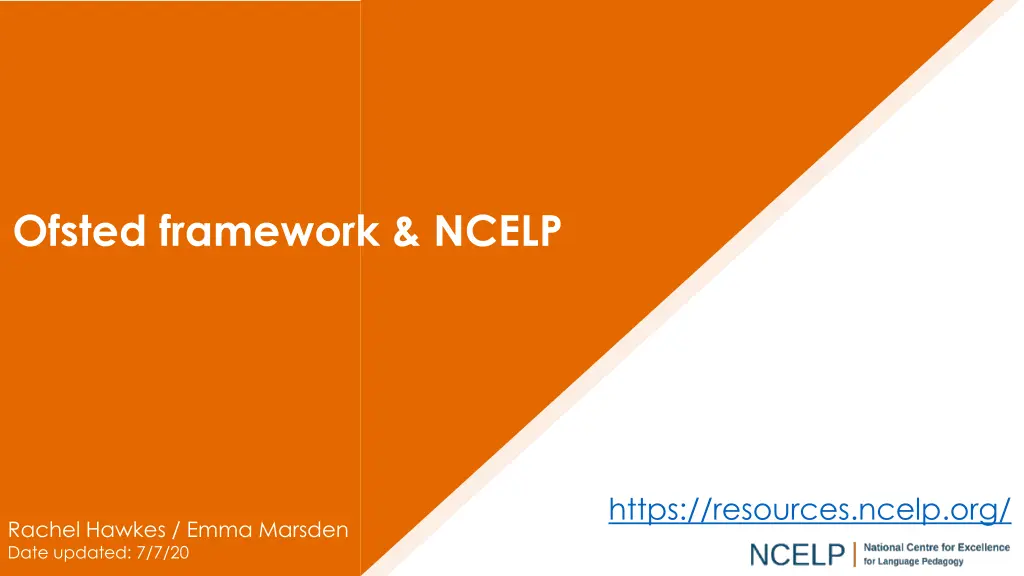
Language Learning Framework and Teaching Strategies
Explore the essential language knowledge for beginner learners, curriculum sequencing, clear teaching techniques, and strategies to enhance memory retention and learning outcomes in language education. Stay updated on the latest insights and resources in language pedagogy.
Download Presentation

Please find below an Image/Link to download the presentation.
The content on the website is provided AS IS for your information and personal use only. It may not be sold, licensed, or shared on other websites without obtaining consent from the author. If you encounter any issues during the download, it is possible that the publisher has removed the file from their server.
You are allowed to download the files provided on this website for personal or commercial use, subject to the condition that they are used lawfully. All files are the property of their respective owners.
The content on the website is provided AS IS for your information and personal use only. It may not be sold, licensed, or shared on other websites without obtaining consent from the author.
E N D
Presentation Transcript
Ofsted framework & NCELP https://resources.ncelp.org/ Rachel Hawkes / Emma Marsden Date updated: 7/7/20
FAQ in schools this year What is the essential knowledge in your subject? Why are you teaching it in this order? Is teaching clear and do learners understand? Do they remember more, know more and can they do more? (And how do you know?)
Q1. Essential language knowledge most useful subject content learning is carefully planned end points are identified
Essential language knowledge (for beginner language learners) Pupils need to gain systematic knowledge of the vocabulary, grammar, and sound and spelling systems (phonics) of their new language, and how these are used by speakers of the language. They need to reinforce this knowledge with extensive planned practice and use it in order to build the skills needed for communication. (MFL Pedagogy Review, p.3)
Q2. Order of teaching need for curriculum sequencing logical progression learning is carefully planned
Order of teaching frequency (phonics, vocabulary and grammar) age-appropriateness / context-appropriateness learner choice awarding body vocabulary list
Q3. Clear teaching and understanding sufficient explicit teaching clear presentation of information understanding is regularly checked expert knowledge of teachers
Clear teaching and understanding Planning language use (teacher and students) L1-L2 translations provided in vocabulary presentation (where images/gestures insufficient) Paring presentation down, maximising practice Processing pairs to make grammar memorable and meaningful Providing frequent feedback (initially item-by-item)
Q4. Remember, know, can do more developing cumulatively sufficient knowledge concepts are embedded in long-term memory knowledge applied fluently assessment
Remember, know, can do more Identified end points 10 new words per week, on average (36 teaching weeks) average 360 words per year maximum1800 words end of Y11 (2000 is equivalent to expectations for B1) Systematic revisiting within a week, about a month, about a term, about a year Assessment is ongoing and fit for purpose
Ofsted - Personal development NCELP pedagogy the curriculum extends beyond the academic, technical or vocational. It provides for learners broader development, enabling them to develop and discover their interests and talents the curriculum and the provider s wider work support learners to develop their character including their resilience, confidence and independence the provider prepares learners for life in modern Britain by: equipping them to be responsible, respectful, active citizens who contribute positively to society developing their understanding of fundamental British values developing their understanding and appreciation of diversity celebrating what we have in common and promoting respect for the different protected characteristics as defined in law Understanding and expressing meaning is supported by a robust foundation of language knowledge Opportunities to personalise vocabulary Rich text resources, combining cognitive and affective dimensions Additional opportunities to engage beyond the classroom contribute to: character development (resilience, confidence and independence) global citizenship understanding and appreciation of diversity openness towards and acceptance of others and otherness
General considerations Evidence of progress = evidence that students know more, remember more and can do more Curriculum coverage does not in itself demonstrate that students know or remember more
Additional Ofsted notes on curriculum design KS4 Curriculum At the heart of an effective key stage 4 curriculum is a strong academic core: the EBacc. the large majority of pupils should be expected to study the EBacc. It is therefore the government s national ambition that 75% of Year 10 pupils in state-funded mainstream schools should be starting to study EBacc GCSE courses nationally by 2022 (taking their examinations in 2024), rising to 90% by 2025 (taking their examinations in 2027). This is an ambition, and not a target for any individual school. Inspectors will not make a judgement about the quality of education based solely or primarily on its progress towards the EBacc ambition. Nevertheless, it is an important factor in understanding a school s level of ambition for its pupils. It is, therefore, important that inspectors understand what schools are doing to prepare for this to be achieved, and they should take those preparations into consideration when evaluating the intent of the school s curriculum. (p.43, Ofsted, 2019b)
FAQ in schools this year What is the essential knowledge in your subject? Why are you teaching it in this order? Is teaching clear and do learners understand? Do they remember more, know more and can they do more? (And how do you know?)
The new Ofsted framework and NCELP References Ofsted, (2019a). Inspecting the curriculum, May 2019, 190024, www.gov.uk/government/organisations/ofsted. Ofsted, (2019b). School Inspection Handbook, September 2019, 190024, www.gov.uk/government/organisations/ofsted.

